Revisiting Vasthavam, starring Prithviraj Sukumaran, a decade and a half after its release
The political drama challenged several socio-political norms in Kerala, but is it as good as people remember it to be?
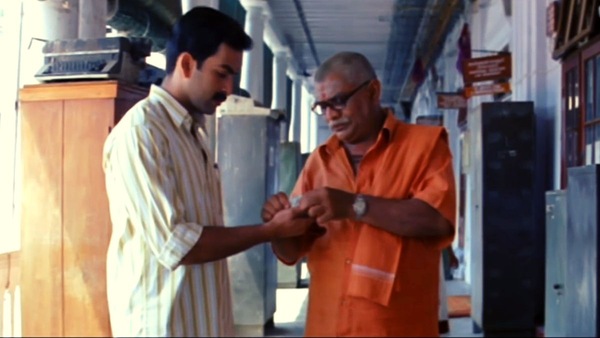
Last Updated: 10.35 AM, Nov 17, 2021
Vasthavam is among the last few films from an era in the Malayalam film industry that was desperately overdue in embracing alternative styles to filmmaking. The remnants from a bygone era are prevalent in Vasthavam - a film that was once held in high esteem for the complex social-political themes it tackled. In terms of a cinematic experience, Vasthavam has most certainly aged rather poorly. The visuals, the sound, and even the screenplay are straight out of the 90s. However, unlike the films from the 90s, Vasthavam has taken a bold and unprecedented stance against casteism and misogyny — two draconian concepts that still plagues society and something which was glorified in mainstream films in the 90s and even more so in the 2000s.
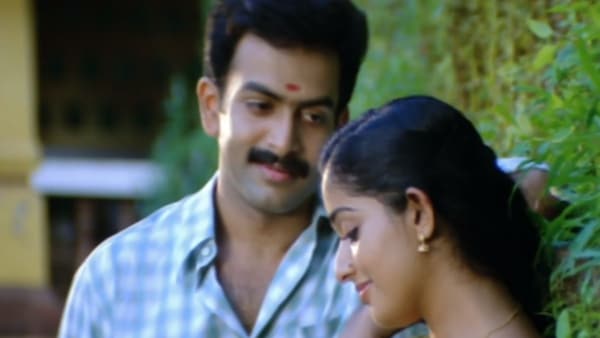
Despite straying very close to those forgettable films from those eras, in terms of cinematic aesthetic, Vasthavam almost subverts the theme of the film. Whether this was a deliberate move on director M Padmakumar’s part is open for debate Take, for example, the opening scenes or the relationship between Prithiviraj and Kavya Madhavan’s characters. Although Balachandran (Prithviraj) and Sumitra’s (Madhavan) relationship is borderline incestuous, it is an accepted norm in certain sections of society. But in Padmakuar’s defence, he has tactfully critiqued the controversial subject by putting it in direct comparison with the way society reeled at the concept of someone from the lower caste marrying some from the upper caste. It lays bare society’s misguided notions of culture and tradition; which in an ideal civilisation the reactions to both relationships would have been reversed.
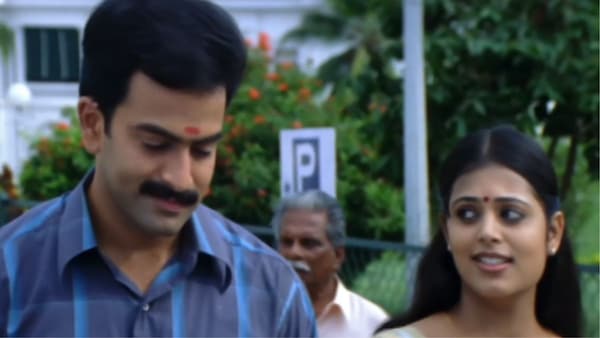
In fact, Balachandran’s eventual wife, Surabhi (Samvrutha Sunil), is portrayed as the dutiful housewife who confesses that she considers herself lucky to be married to such an eminent personality. This is despite the fact that Balachandran ignored her throughout the entirety of the narrative, while he had an affair with another woman and still pining for his ex-girlfriend and cousin, Sumithra. This thematic style is a far cry from how hypermasculine characters have been portrayed in the past. Balachandran is not glorified, instead, his character is written as a flawed individual who is riding on the coattails of his privilege as an upper-caste male. His flaws are symbolic of the society’s rot from within — a society that puts aristocracy, patriarchy, and pride over civility and humanity.
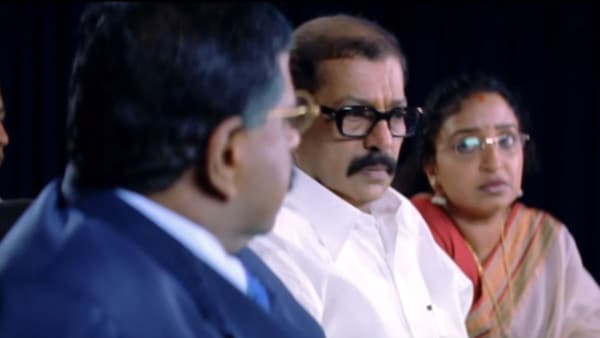
Malayalam film legend Jagathy Sreekumar portrays arguably the most important character in the film. Through his character, Unnithan Aasan, the narrative is able to showcase severity in how broken the system really is from top to bottom. It is ironic that in this flawed universe of Vasthavam, it is a politician, played by Murali, who is shown to uphold basic ethics and integrity — and ultimately forced to resign through no fault of his own. The white knights being on the receiving end of harsh treatment is a common thread in the narrative. It is in fact the wicked who are triumphant at the end of the film — a narrative almost submissive to the fact that it is going to take a lot more to fix the system from within.
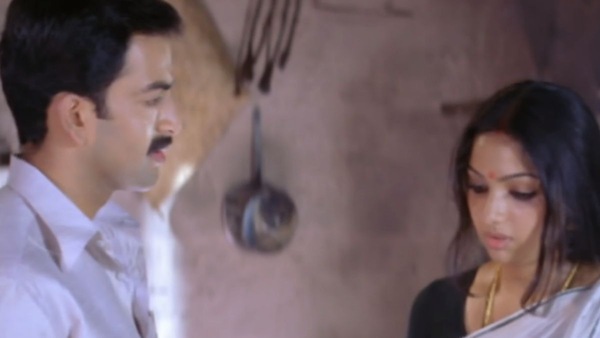
The Malayalam film industry has well and truly moved forward since the release of Vasthavam. The industry has witnessed an overhaul in cinematic style over the last decade. The film’s cinematic quality may be outdated, even for its time, but the themes and ideas could remain relevant for decades to come. In hindsight, the film was a premonition of sorts the way George Orwell’s 1984 was to global politics of the 21st century.
